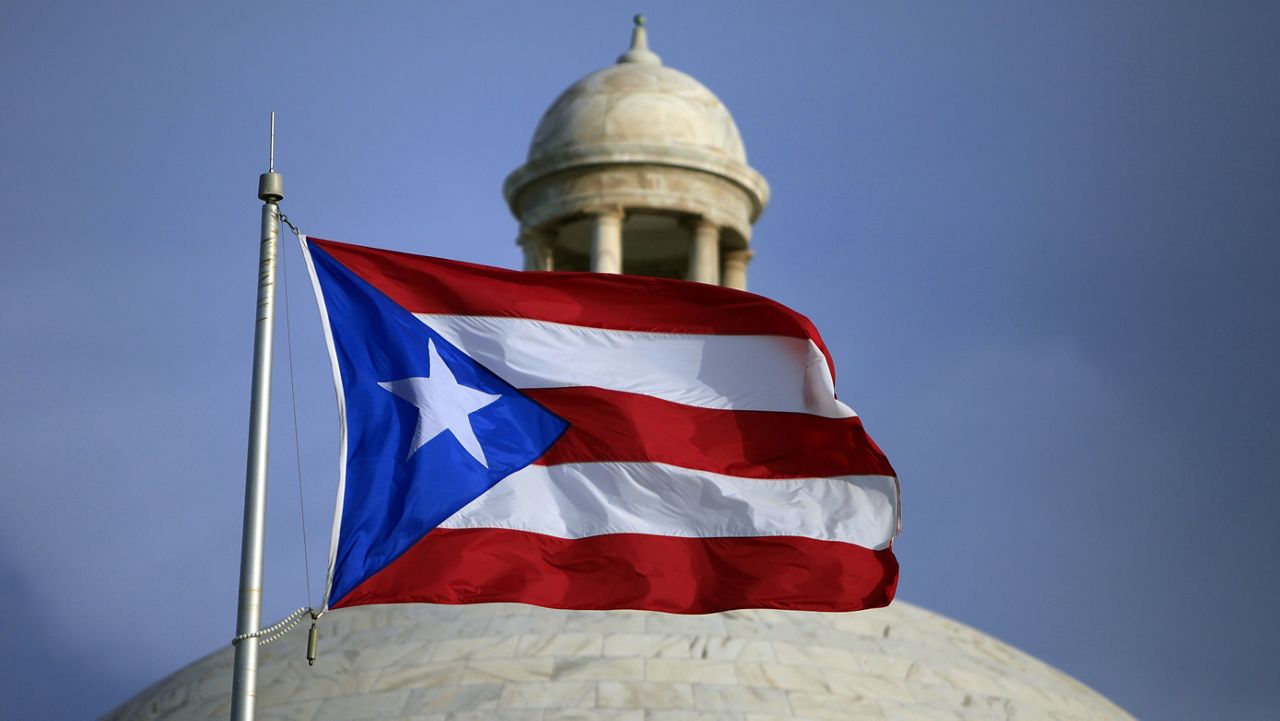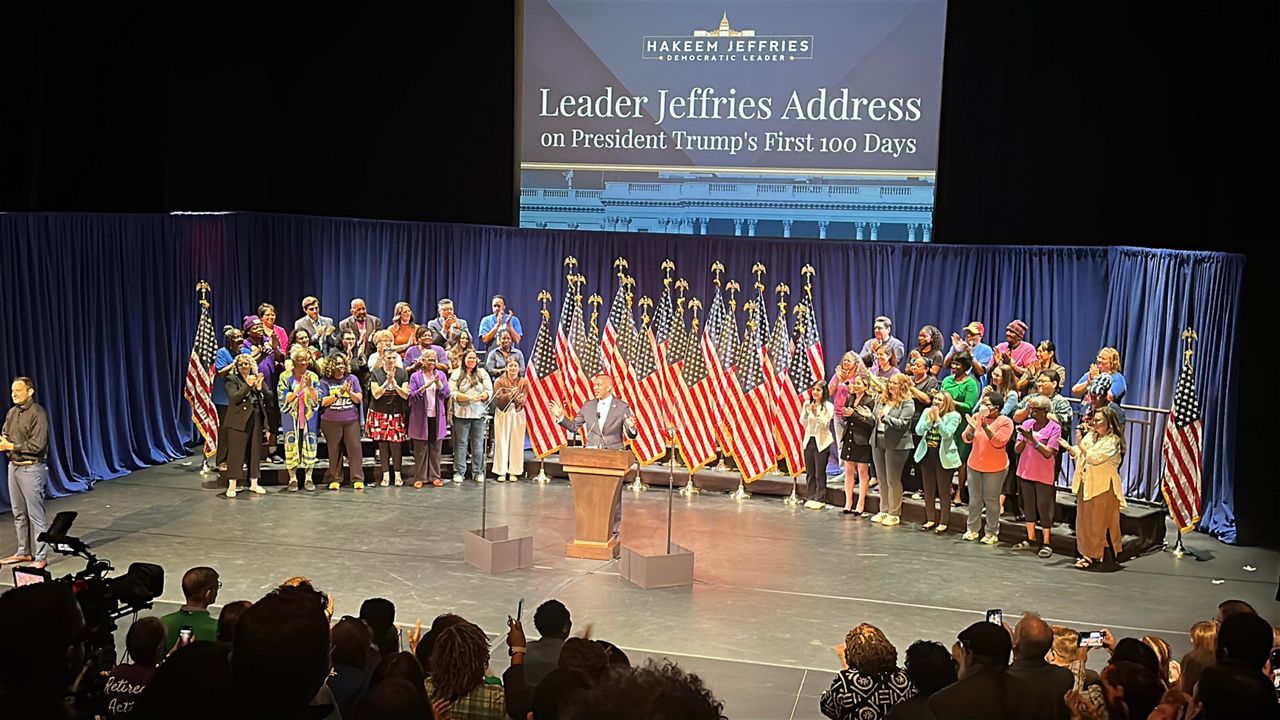A federal program helping tens of millions of Americans afford internet service — including roughly 1.8 million households across New York — is scheduled to run out of money later this month.
On Capitol Hill, Brooklyn Rep. Yvette Clarke is leading a bipartisan push aimed at saving the program, warning if it lapses, the digital divide between the haves and have nots stands to grow. Again.
“It could be catastrophic,” she said. “There will be many throughout the nation who will have some really hard decision-making, in choosing between purchasing medications and being able to maintain their connection to their physicians through telehealth.”
The program, which was included in the infrastructure law signed by President Joe Biden two and a half years ago, provides a monthly subsidy of $30 to $75 to enable low-income Americans to obtain internet access.
Nationwide roughly 23 million households are benefiting from the subsidies. That includes customers of Charter Communications, the parent company of Spectrum News.
Clarke’s bill to extend the Affordable Connectivity Program has more than 220 cosponsors in the House, Democrats as well as Republicans. The proposal also has bipartisan backers in the Senate.
Last month, Clarke led a letter, cosigned by more than 150 lawmakers, to congressional leadership, urging them to act to save the program.
“At a time when broadband accessibility is more important than ever, we cannot afford to lose the progress we have made in our efforts to bridge the digital divide,” they wrote.
The letter was signed by a dozen New Yorkers, including Republicans in competitive districts like Reps. Anthony D’Esposito and Brandon Williams, and progressives like Reps. Alexandria Ocasio-Cortez and Jamaal Bowman.
The White House is likewise calling on Congress to fund the program.
Whether Congress will act in time to save the subsidies, though, is unclear. Congress is currently facing a logjam of tasks when they return next week after two weeks away, including taking care of potential assistance for Ukraine and Israel.
Clarke said she is “hopeful” but “not confident” that an extension will happen. She said she will push to get it included in any larger spending bill that may be in the works.
One of those watching is Milton Perez of Brooklyn.
He knows what life is like without regular internet access. For years, he often relied on free Wi-Fi avaliable in some parts of the city.
That changed with this program. Perez says that with the subsidies, he was able to get a better data plan for his phone that actually lasts for the entire month.
He is calling on Congress to act.
“This is 2024, you know, the internet is connected to almost everything,” he said. “To me, this is like a fulfillment of a promise … it just has to get done.”








)
